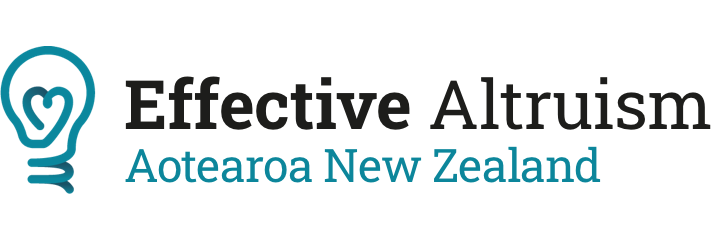Improve the welfare of millions of farmed animals through evidence-based research and advocacy.
Charities > Animal Welfare > API
Animal Policy International works to effectively improve the welfare and lives of millions of farmed animals through evidence based research and advocacy.
Animal welfare standards vary significantly across the globe, with billions of farmed animals still confined in factory farms. A growing global movement is calling for change, demanding an end to practices such as battery cages for hens, sow stalls for pigs, and live cutting (mulesing) performed on sheep. In response, some regions, including the EU, New Zealand, the UK, and Switzerland, have implemented higher welfare standards.
However, many people are unaware that this progress is being undermined. Successive political leaders have continued to allow the import of animal products from countries that fail to meet local standards, in some circumstances outsourcing and shifting production overseas, fuelling the suffering of animals in those countries under practices that would be illegal locally.
For example:
86% of liquid egg imports into New Zealand in 2022 came from China and Australia where egg-laying hens can be kept in battery cages where there is less space than an A4 sheet of paper per bird leaving them unable to perform natural behaviour such as dust bathing and nesting. New Zealand’s ban on battery cages came into force in 2023.
All of the wool imported to New Zealand in 2022 came from Australia where live lamb cutting is a widely used practice. It entails removing parts of the skin from live sheep without anaesthetic, causing severe immediate and long-term pain to lambs. In New Zealand performing mulesing can result in a criminal conviction
Animal Policy International is working with policymakers, farmers, and NGOs towards responsible imports that meet WTO rules, align with standards and expectations in higher-welfare regions, create fairer conditions for farmers, and help to promote higher animal welfare standards in low-welfare countries.
Together, we can create a world where animal protection has a meaningful impact and ensures the well-being of animals everywhere.






